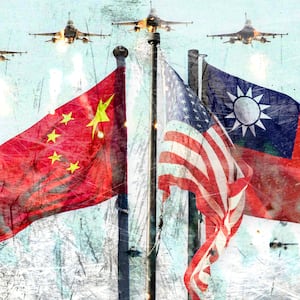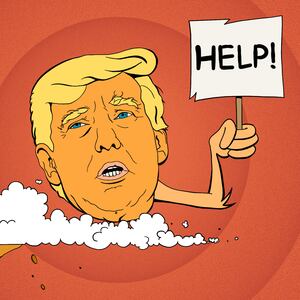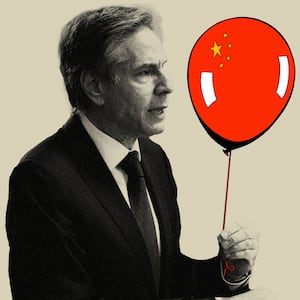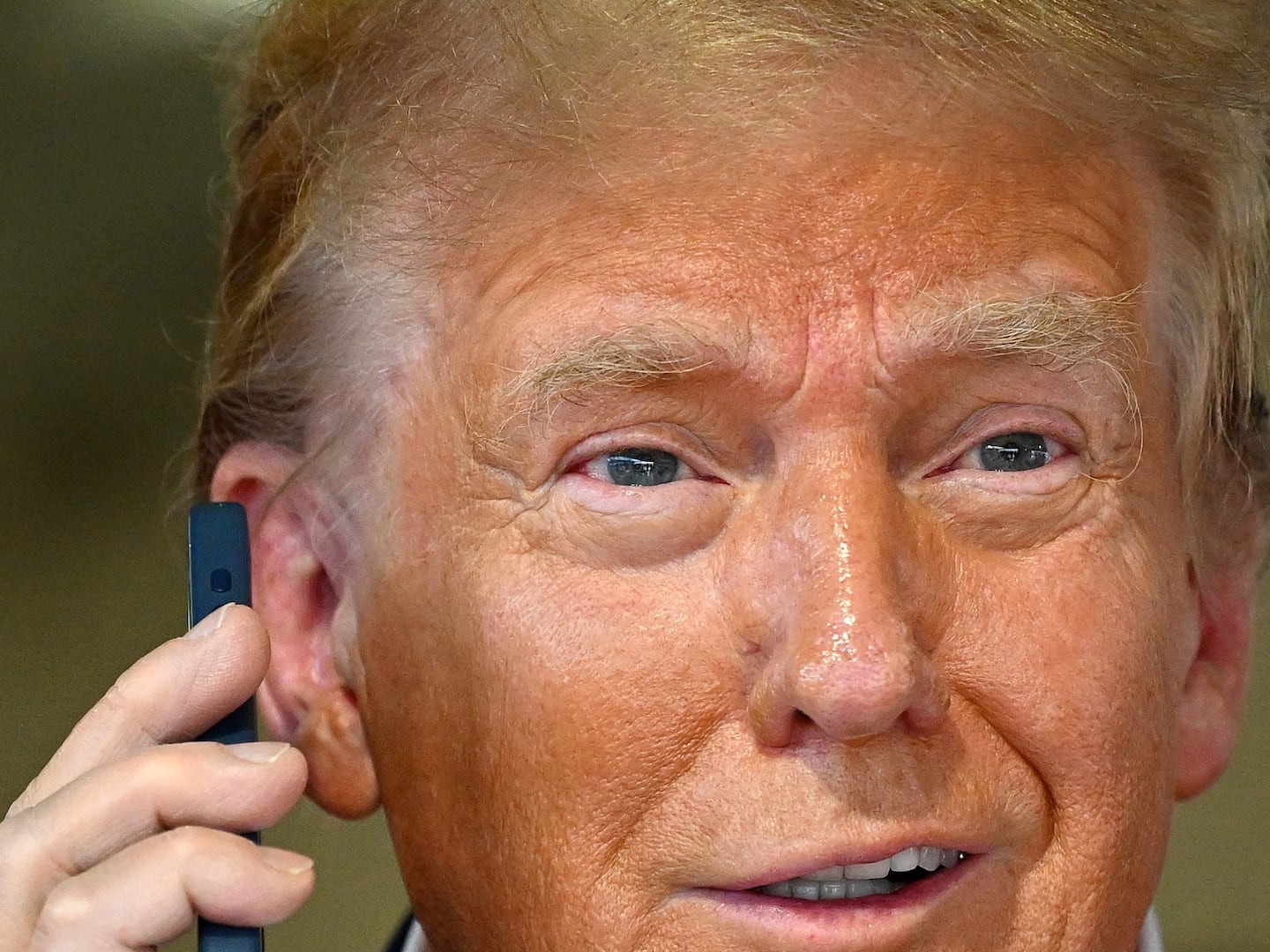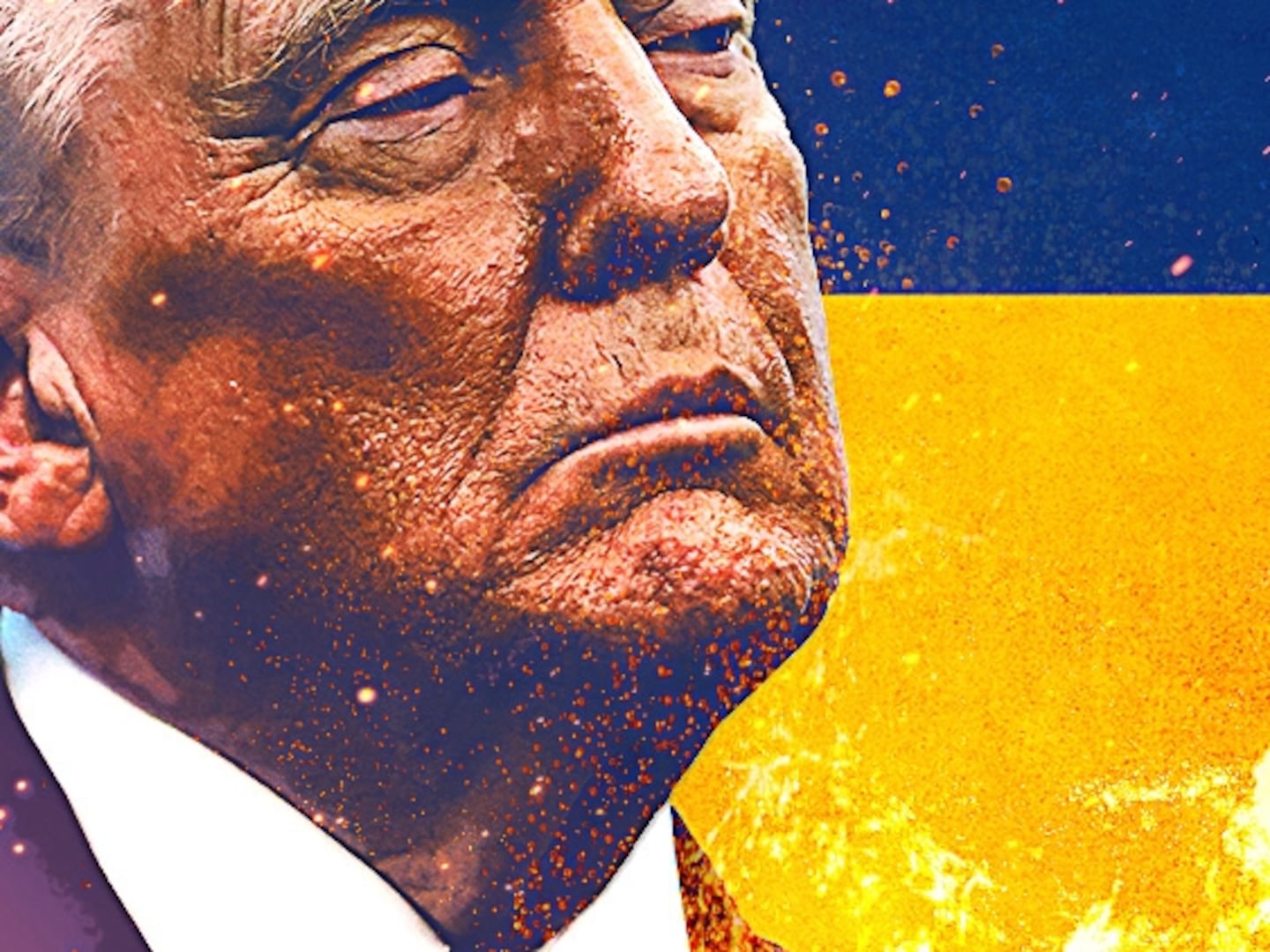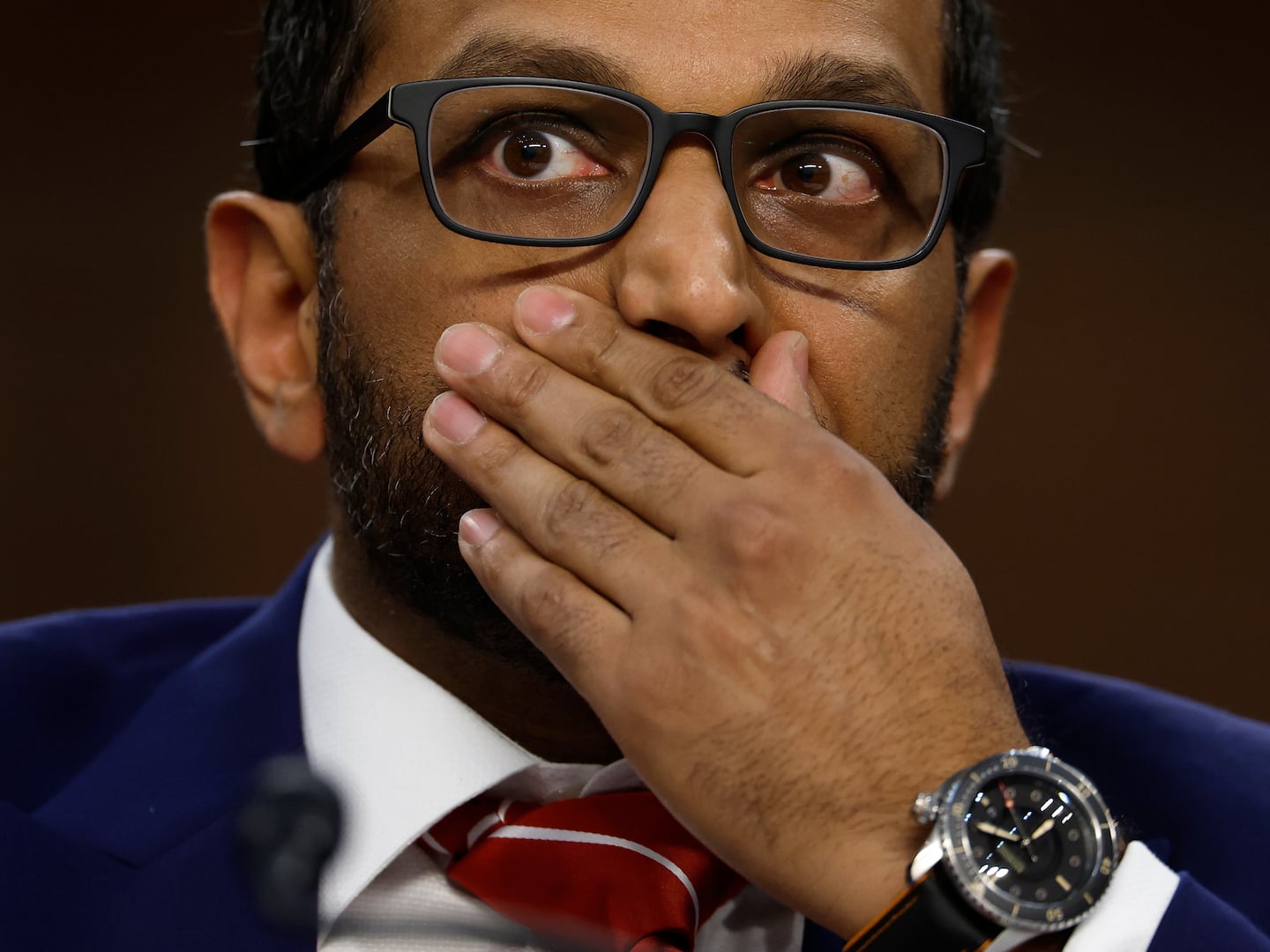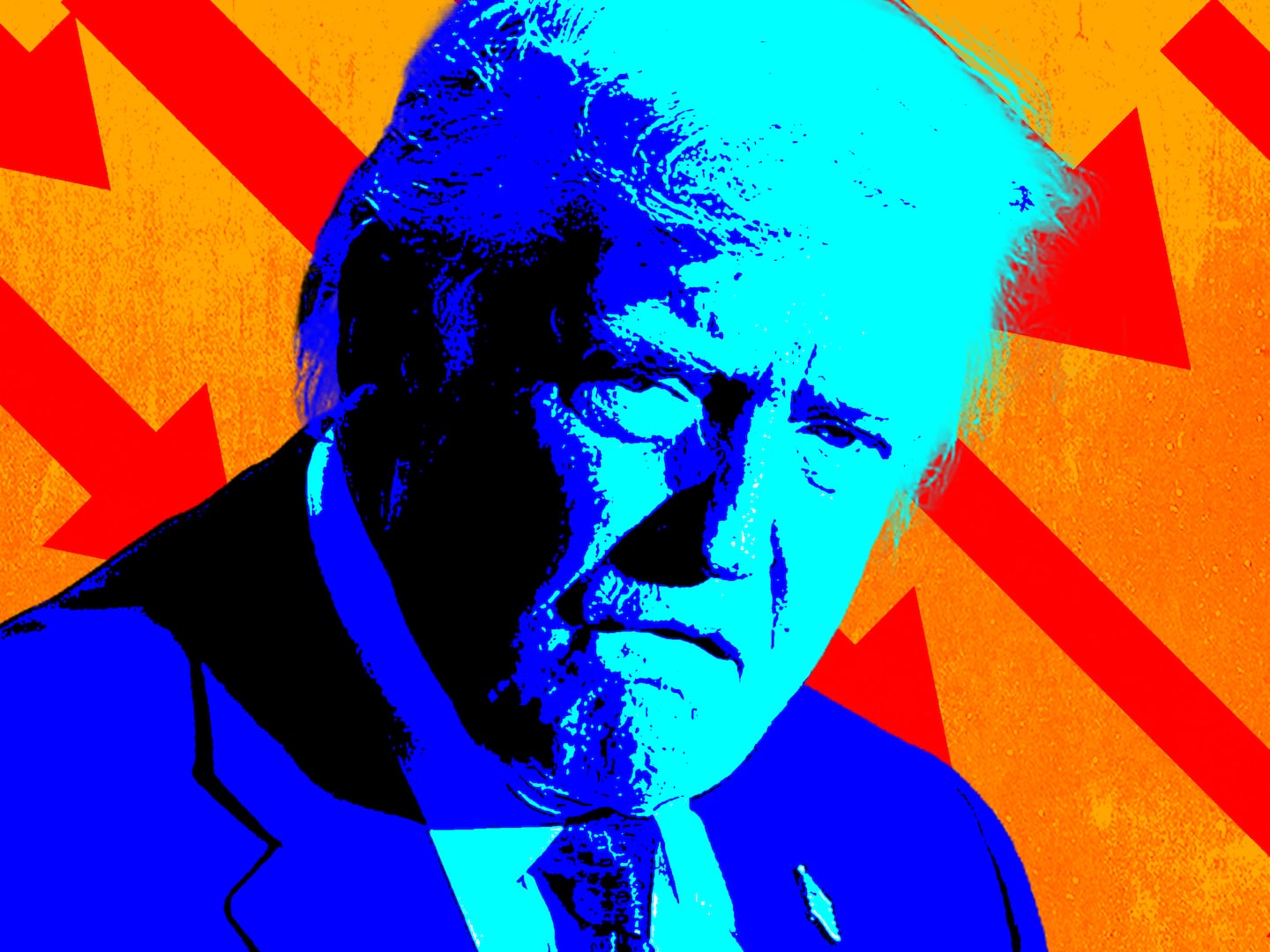The soundtrack for the China mission of U.S. Secretary of State Antony Blinken might well be “I Can’t Quit You Baby” by Led Zeppelin or “You Can't Quit Me Baby” by Queens of the Stone Age.
The past couple of years have seen both the U.S. and China test the resilience of their highly charged and complicated relationship. But despite the inclination of those who would like to see a New Cold War between the two countries, both sides have looked the worst-case scenarios in the eye and said, “We don't want to go there.”
Blinken’s exact words during a Monday press conference that followed his meeting with Chinese leader Xi Jinping were, “I stressed that direct engagement and sustained communication is the best way to responsibly manage our differences…we both agree on the need to stabilize our relationship.”
While emphasizing the U.S. commitment to defend itself, he also said, “We are for de-risking and diversifying” while making the point that a complete break, “decoupling”, would be “disastrous.”
China’s president Xi Jinping said, “The two sides have…made progress and reached agreement on some specific issues. This is very good.” According to Chinese reports, he also said he hoped for a “sound and steady” relationship between the superpowers and that the two sides can “overcome various difficulties.”
While Blinken raised issues such as U.S. concerns about human rights in China, and underscored its commitment to ensuring Taiwan had the ability to defend itself, he also reiterated that the U.S. does not support Taiwan’s independence. The key, Blinken emphasized in his final press conference, is that heightened tensions over Taiwan could have major global repercussions, due in part to the fact that 50 percent of all shipping container traffic passes daily through the Taiwan Strait, and that 70 percent of advanced semiconductors are produced in Taiwan.

Antony Blinken shakes hands with President Xi Jinping in the Great Hall of the People in Beijing, China on June 19, 2023.
LEAH MILLIS/ReutersIn meetings with China’s State Councilor and Foreign Minister Qin Gang and Politburo member and director of the Chinese Central Committee Foreign Affairs Commission Wang Yi, the discussions—while frank and often challenging—produced a commitment to finding ways to enhance communications going forward, in areas as diverse as setting up a working group to reduce the flow of chemicals from China that are used to produce fentanyl to promoting educational and cultural exchanges.
According to a senior administration official, the trip is also likely to clear the way for visits to China in the months ahead by other top U.S. officials, including Secretary of the Treasury Janet Yellen and Secretary of Commerce Gina Raimondo. A visit to the U.S. by Qin Gang is also anticipated.
Ultimately, these high-level contacts could result in another Biden-Xi meeting in the months ahead.
While the gains cited by both sides were modest, they were important. They meant that, rather than using the chill that followed the February surveillance balloon incident to set the level for the relationship, both sides want to go back to the modestly cooperative meeting between President Joe Biden and President Xi last year in Bali as the baseline for bilateral relations. (Xi made that point explicitly.)
The Blinken trip was a key step in a concerted, months-long effort on the part of the Biden administration to put the relationship back on a somewhat more positive footing. This effort has included enhanced backchannel diplomatic communications that featured a secret trip to China by U.S. CIA Director Bill Burns, a career diplomat who has become a vital troubleshooter for the Biden team. It also included a lengthy and productive meeting in May between Wang Yi and U.S. National Security Advisor Jake Sullivan.
While none of these exchanges produced major breakthroughs on the critical issues at the core of the U.S.-China relationship, they did what sound diplomacy is supposed to do. They dialed back tensions and made future progress more likely. Open communications channels are also vital to ensuring that the disagreements that will inevitably occur in a relationship as complex as that between the two rival powers do not get out of hand.
Media observers who evaluate diplomatic missions as though they were TV movies of the week or reality shows, grading them in terms of the drama they produce, initially focused on the tensions that had preceded the Blinken mission and then sought to emphasize the challenges inherent in the discussions.
What they did not take into account was the importance of the methodical progress that has been made in stabilizing the relationship over the past four months. Furthermore, by any measure, the trip was as successful as it could possibly have been, as significant for what was not said as for the modestly positive statements of intent to continue communications and seek to enhance ties in limited ways.
That is because both sides have seen the damage caused by sudden, uncontrolled deteriorations in their relationships and realize it is not in their interest.
The two countries are too economically tied together. China is America’s number three trading partner. There are 70,000 U.S. companies operating in China. The U.S. is China’s number one trading partner. Virtually no major international issue can be resolved without the participation of the two sides.
Further, the two countries have major domestic issues they need to address, and conflict with the world's other superpower will only make that more difficult.
The hawks and wolf-warriors on both sides have huffed and puffed. They have sought to frame Sino-American relations as being much like the zero-sum contest for global domination that defined U.S.-Soviet relations during the Cold War. But rational analysis has demonstrated yet again that that analogy is both inaccurate and dangerous.
The U.S. and China are rivals, to be sure. But they are also deeply interdependent. Finding a path to manage both dimensions of the relationship is perhaps the great diplomatic challenge of our time. But fortunately, it is one both sides are rising to at the moment. In that context, Secretary Blinken’s trip was a vital and productive step forward.


